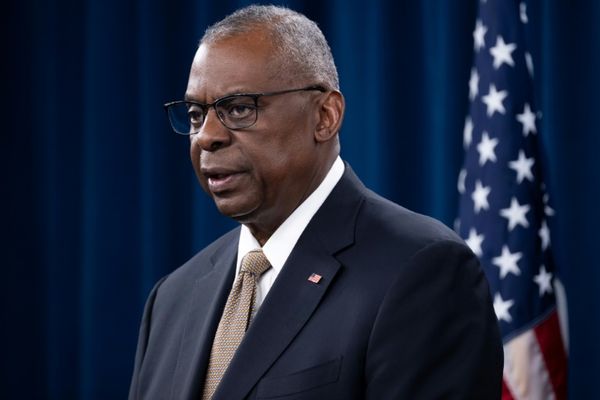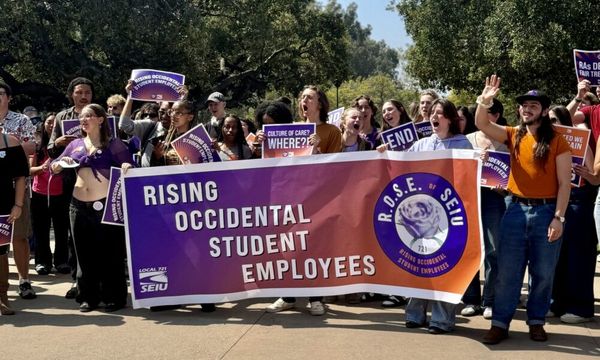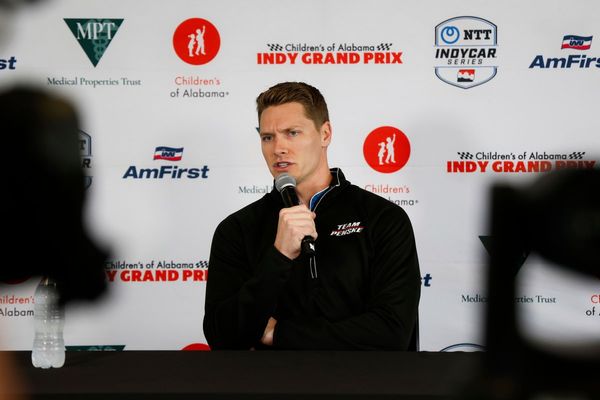
Escalating tension between Russia and Turkey will reach a new high when the Democratic Union party (PYD), the leading Kurdish political organisation in north-eastern Syria, which Ankara regards as a terrorist group, opens a representative office in Moscow on Wednesday at Vladimir Putin’s personal invitation.
The development comes amid a dangerous tug-of-war between Russia and the US for power and influence in strategic areas along the Turkey-Syria border. Washington backs the Syrian Kurds in fighting Islamic State (Isis) jihadis. Moscow’s priority is to thwart western-backed efforts to topple Bashar al-Assad’s Syrian regime.
Turkey is caught in the middle. Its biggest fear is that the PYD could establish autonomous control over large areas of northern Syria, linking up with independent Iraqi Kurdistan and encouraging Turkey’s alienated ethnic Kurdish population to follow suit.
“Our ambition is to rally support behind our Kurdish enclave in Syria through this office,” said Abdulsalam Ali, the Syrian Kurdish envoy to Moscow who is a member of the PYD.
Ankara says the PYD is in league with the Kurdistan Workers’ party (PKK), a long-time foe that its security forces are currently battling in urban areas of south-east Turkey. Like Turkey, the US deems the PKK a terrorist organisation, but it does not extend the definition to the PYD. Moscow recognises both the PKK and PYD as legitimate actors.
Wednesday’s opening ceremony in Moscow, which is expected to be attended by Russian foreign ministry officials, is seen by Turkish politicians and analysts as a deliberate provocation and part of a wider bid to expand Russian regional influence.

In Turkish eyes, the move stems from a Putin vendetta that began last November after a Russian warplane entered Turkish airspace from Syria and was shot down. Recep Tayyip Erdoğan, Turkey’s president, rejected Putin’s demand for an apology and compensation and has called on Nato for support. On Monday, Putin said he would not back down.
Turkey has come under additional pressure in recent days as Russian military backing for Assad’s forces has tipped the balance against rebel forces around Aleppo and sent tens of thousands of additional Syrian refugees to its border. This in turn has led to more pressure on Ankara from European states and aid organisations.
Russian forces have also stepped up attacks on Syria’s Turkmen minority, whose fighters killed one of the pilots of the downed Russian bomber and have allegedly given military assistance to the PYD’s military wing, the People’s Protection Units (YPG) – a claim largely denied by Moscow.
Russian officials, meanwhile, publicly blame Turkey for contributing to last week’s failure to advance Syrian peace talks in Geneva, after Erdoğan vetoed PYD participation. Russia’s foreign minister, Sergei Lavrov, warned last month that the talks would collapse if the Kurds were excluded.
An exasperated Erdoğan replied that peace talks were pointless while Russia continued to kill people in Syria. “In an environment where children are still being killed, such attempts do not have any function apart from making things easier for the tyrant [Assad],” Erdoğan said. Independent estimates suggest 1,400 civilians have been killed by Russian military action since October.
Erdoğan, penned in on all sides, has also directed his wrath at the US after a senior US official met YPG leaders in Kobani, Syria, last week, apparently to offer reassurance after their exclusion from Geneva. The delegation included Brett McGurk, US special envoy on Isis.

“He [McGurk] visits Kobani at the time of the Geneva talks and is awarded a plaque by a so-called YPG general? How can we trust you [the US]? Is it me who is your partner or the terrorists in Kobani?” Erdoğan demanded. Last June, the Turkish president vowed that he would never allow a Kurdish state in northern Syria. To him, McGurk’s visit must have suggested tentative US recognition of just such an entity.
Visiting Turkey last month, Joe Biden, the US vice-president, was shown a border map that identified several places where Turkish officials claimed Syrian Kurdish fighters have been diverting US-made weapons and ammunition intended for use against Isis to the PKK. Biden was reportedly told the arms smuggling was unacceptable and that Turkey was prepared to bomb Washington’s allies in Syria if it continued.
Similar speculative reports about intensified Turkish military action, including intervention on the ground, in Kurdish areas of northern Syria have surfaced in Turkish media. For its part, Russia insisted last week that renewed Turkish accusations of airspace violations were cover for Ankara’s threatening military plans.
“The Russian defence ministry has registered a growing number of signs of hidden preparation by the Turkish armed forces for action in Syrian territory,” a ministry spokesman, Igor Konashenkov, said. Turkish forces have frequently intervened in the past in Kurdish areas of northern Iraq and have taken very limited action in Syria.
A big, new military operation against Kurdish strongholds, in defiance of both Russia and the US, would be a sign of Erdoğan’s desperation, marking a potentially catastrophic spreading of the Syrian conflict.







